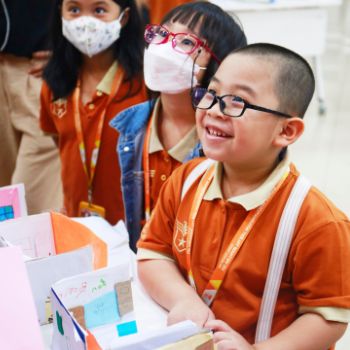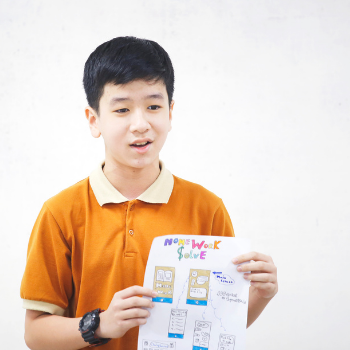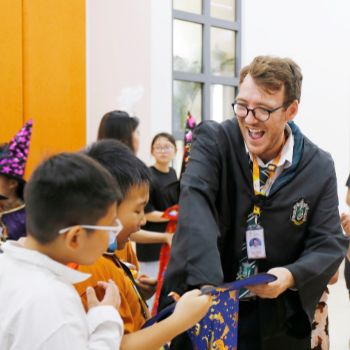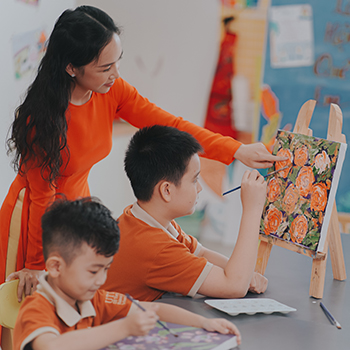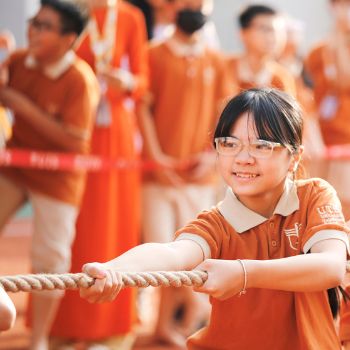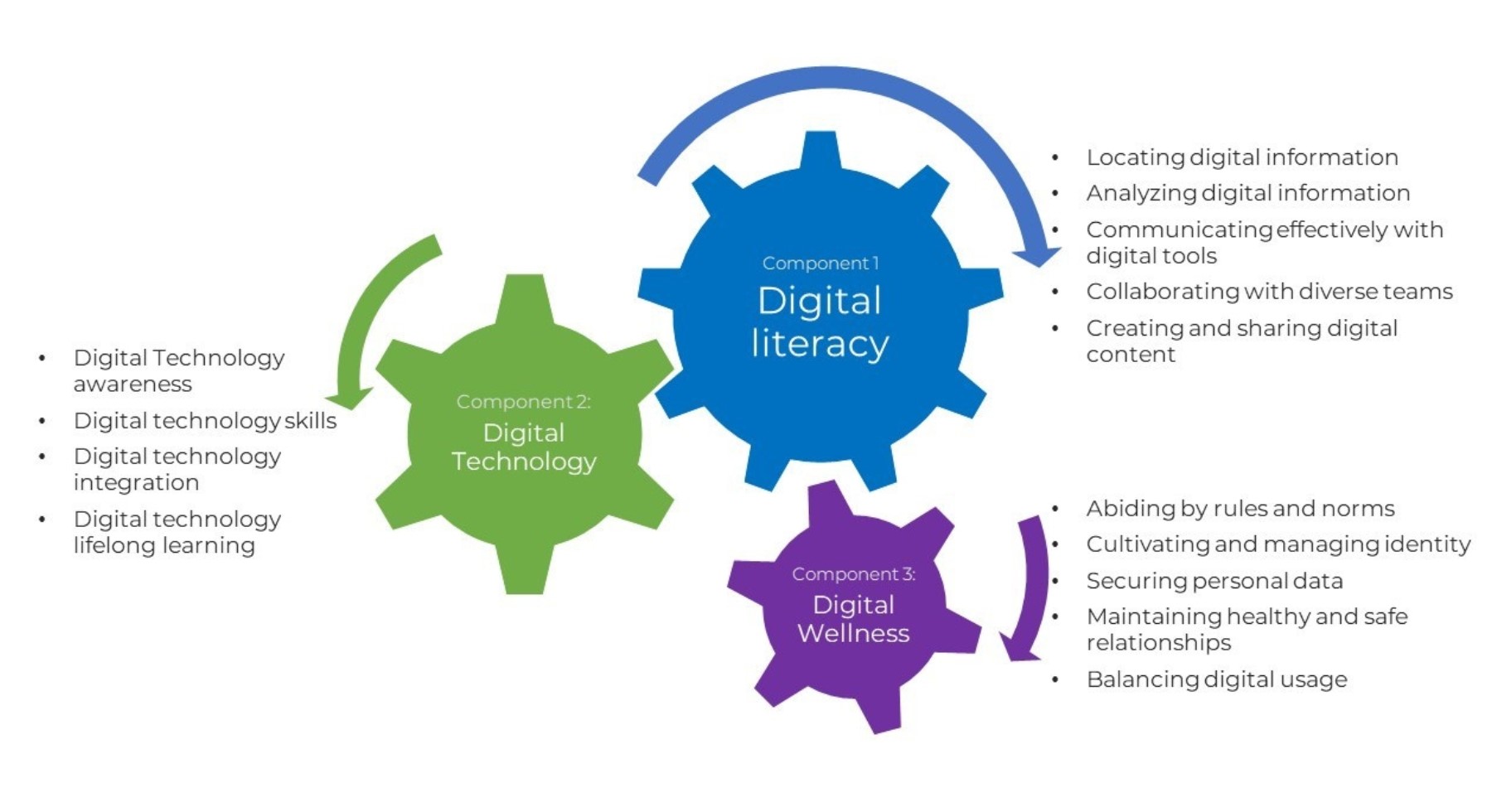“Love other human beings as you would love yourself.” – Ho Chi Minh
Global Citizenship at UTS means preparing students to thrive in the 21st century by giving them the skills, attitudes and competencies needed to succeed. Global citizenship sits at the intersection of our core values, intercultural learning and learning outcomes.
Contribution, Creativity, Courage, Integrity, Respect, and Lifelong Learning
At UTS (US Vietnam Talent International School), our core values guide us in our pursuit of excellence in education and form the cornerstone of our commitment to fostering intercultural learning within our community.
Our commitment to intercultural learning is vividly reflected in our diverse teaching staff. Our educators come from a multitude of cultural backgrounds and speak various languages. This rich tapestry of experiences and perspectives enriches our classrooms and provides students with the opportunity to engage with diverse beliefs and cultures daily.
Intercultural learning is not confined to formal lessons; it is embedded in the very fabric of our school. Our students interact with our multicultural teaching staff not only in the classroom but also through extracurricular activities, cultural events, and community projects. We believe that these interactions are vital in fostering a genuine appreciation for diversity and building the intercultural competence needed to thrive in our increasingly interconnected world.
| Knowledge | Skills & Competencies | Attitudes & Values |
| Information Literacy Technology Skills Numeracy Financial Literacy Scientific Literacy Civic Literacy |
Communication Collaboration Critical Thinking Creativity |
Social and Cultural Awareness Adaptability Innovation Problem Solving Curiosity Perseverance |
At US Vietnam Talent International School, we firmly believe that nurturing responsible Digital Citizens through Digital Citizenship Education is integral to our mission of safeguarding our students’ well-being and cultivating their knowledge, skills, and attitudes as global citizens. To ensure a comprehensive approach, we adopted the UNESCO Digital Citizenship Model Framework. This framework, which aligns seamlessly with our guiding statements and core values as an educational institution, harmonizes with our commitment to preparing our students to thrive in an increasingly interconnected and digital world.
| UNESCO Digital Citizenship Themes and UTS Core Values Alignment | ||
| Digital Literacy | Digital Wellness | Digital Technology |
| Supporting individuals as they locate and analyze digital information, digitally communicate and collaborate, and create digital content. | Supporting individuals as they navigate modern digital technologies to abide by rules and norms, cultivate and manage a healthy digital identity, secure their data, and maintain a healthy balance of online and offline activities. | Supporting individuals as they become aware, access, and cultivate skills to leverage modern digital technologies (e.g., artificial intelligence, adaptive learning, open educational resources) for learning, work, leisure, and active civic engagement across their lifespan with their communities, nation, and world. |
| Courage | Integrity | Contribution |
| UTS students are patient, persistent, ready to conquer personal goals and face challenges, confident to express their point of view with strong knowledge, skills and language competence. | UTS students keep their promises, always respect the truth, and say no to wrongdoings in society. | UTS students apply the knowledge and skills they have learned to benefit themselves, their families, and society. |
| Creativity | Respect | Lifelong learning |
| UTS students develop the spirit of innovation and creativity, and know how to develop and apply new ideas. | UTS students understand and respect other people and cultures while retaining national and individual identities. | UTS students constantly explore and learn from their surroundings and apply their knowledge and experiences in real life. |
Global Citizenship and Sustainability Committee 2023


